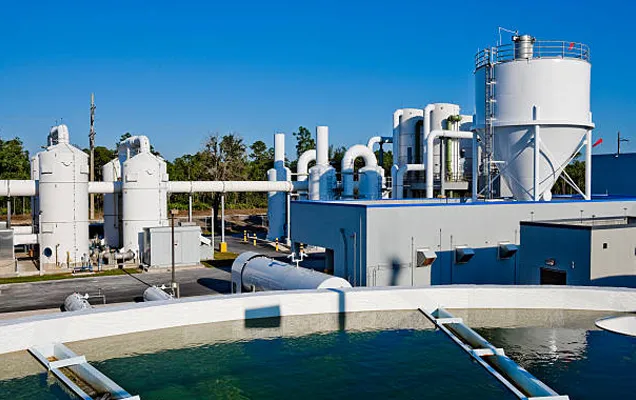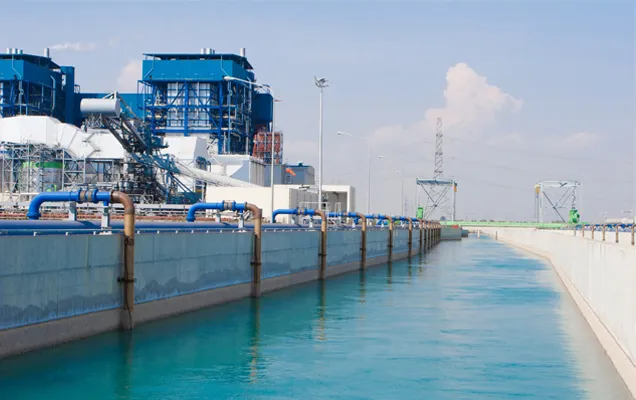
Iron rods play a vital role in water treatment and desalination plants, contributing to the efficiency and effectiveness of these essential processes. In water treatment plants, iron rods are used primarily for constructing the structural framework of various components, such as sedimentation tanks, coagulation-flocculation units, and filter beds.
Their exceptional strength and durability ensure the stability and longevity of these structures, even when exposed to corrosive chemicals and fluctuating water conditions. Furthermore, iron rods are integrated into the construction of piping systems that transport water through different treatment stages. This is particularly important for conveying water laden with impurities to settling basins and filtration units.
